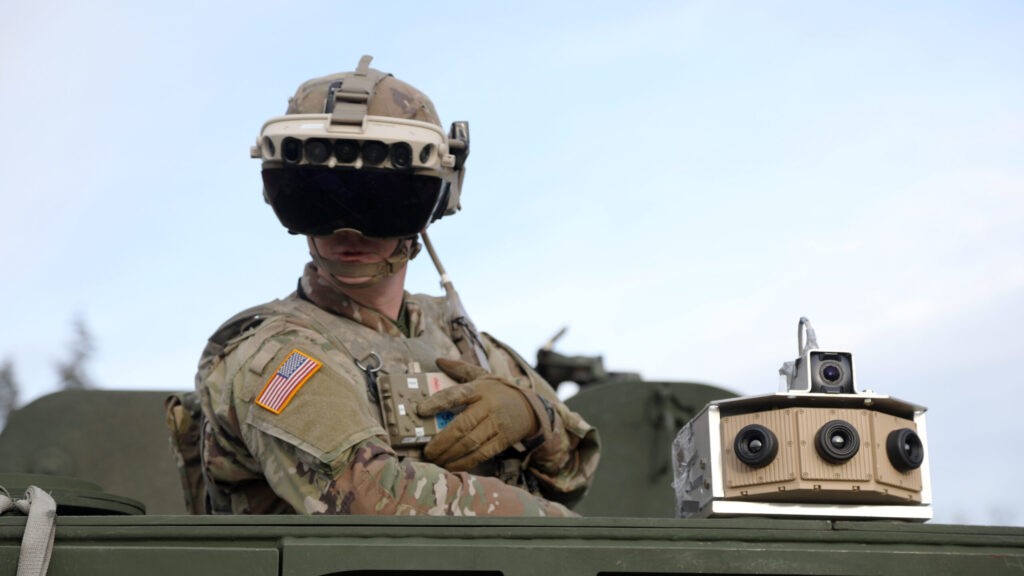
In a surprising development, Microsoft announced plans to transfer its entire Integrated Visual Augmentation System (IVAS) contract to defense technology company Anduril. The proposed transfer of the $22 billion military contract requires government approval.
Under the proposed arrangement, Anduril would take complete control of the mixed-reality program, including development, production, and staffing decisions for both hardware and software components. The announcement comes as the Army considers launching a new IVAS competition due to ongoing delays.
Robin Seiler, Microsoft's corporate vice president for mixed reality, revealed that both companies have been collaborating for some time. Microsoft Azure would remain the preferred cloud platform for IVAS operations.
The timing is particularly notable as the Army evaluates the program's future. Despite years of challenges and an ongoing heads-up display redesign, military leaders haven't officially decided whether to cancel the original contract work or proceed with limited production.
Palmer Luckey, Anduril's founder and creator of Oculus VR, has previously hinted at developing new mixed-reality technology for military use. The company partnered with Microsoft in September 2024 to integrate new sensors and their Lattice platform into IVAS devices.
The IVAS program, initiated during the Trump administration, aimed to provide soldiers with a multi-purpose device for combat operations and virtual training based on Microsoft's HoloLens 2. However, the program faced numerous setbacks, including reports of user discomfort and system reliability issues.
The Army has already acquired 5,000 units of IVAS 1.0 and may purchase 5,000 more of version 1.1. The latest iteration, IVAS 1.2, features a redesigned display with a 60-degree field-of-view and a flip-up capability.
Looking ahead, Luckey envisions the Army adopting various heads-up displays from different vendors, connected through a common architecture. These could range from everyday-looking glasses to more sophisticated helmet designs, potentially manufactured at Anduril's planned Arsenal-1 facility in Columbus, Ohio.